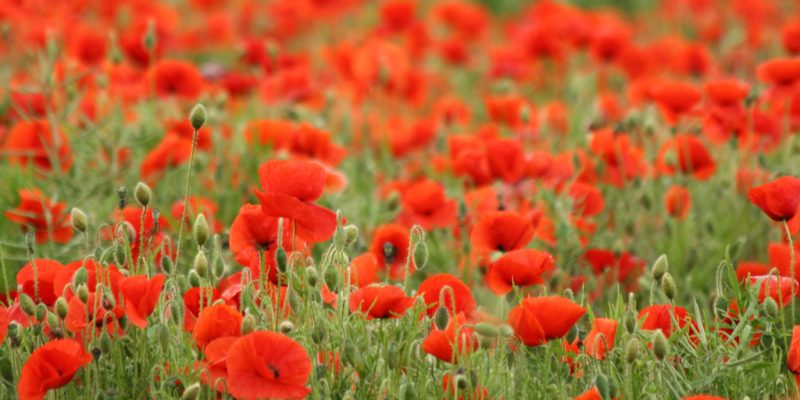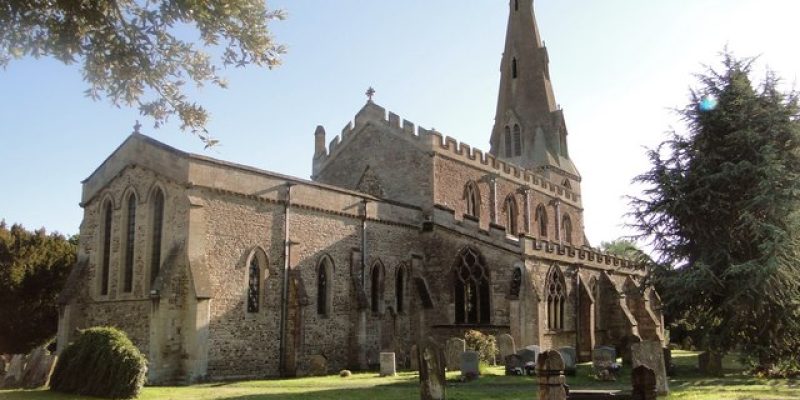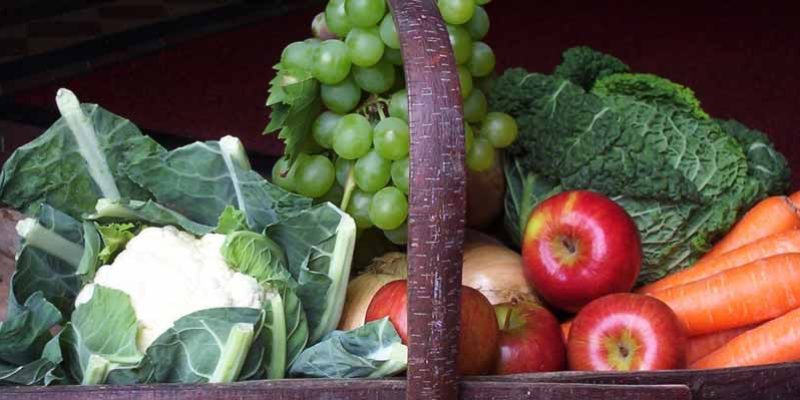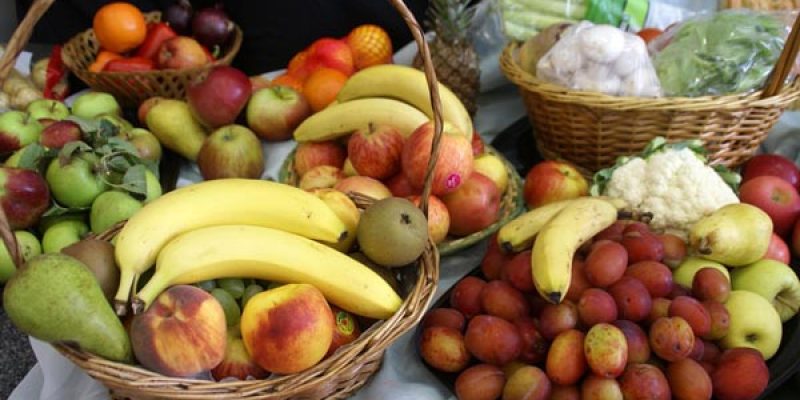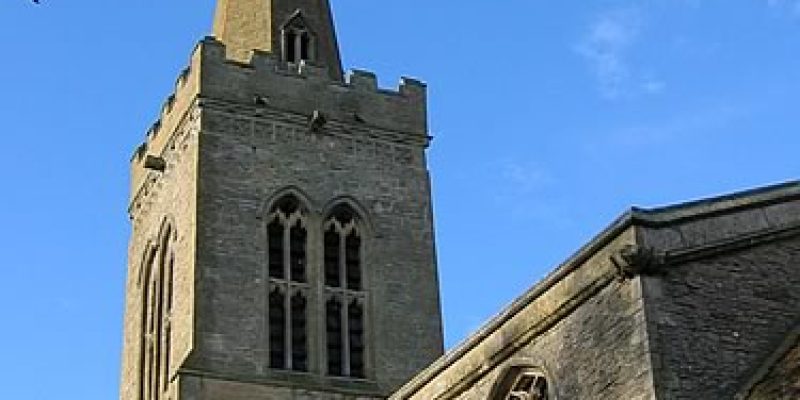On Sunday 11th November, there will be the annual Service for Remembrance in St Michael’s Church, Great Gidding during which we remember all those who have died in past conflicts. The service starts at 10.55am prompt.Start Time: 10:55Date: 2012-11-11
Read more →Last October, a Service of Remembrance and Thanksgiving for those who had died was held in St Michael’s Church. The aim of the service was to provide people with an opportunity to pause, reflect and give thanks for the lives of loved ones. This year the service
Read more →This year our Harvest Festival arrangements are different. Firstly, the service which will be an informal All Age Family Service, takes place in the morning, starting at 11 am. Secondly after the service, we continue our celebrations as we move across to Crown Cottage (by kind invitation
Read more →There were two Baptisms in St Michael’s Church in July, welcoming two young people into the Christian community in Great Gidding. Firstly on Sunday 8th July, the baptism of Alice Helen Nunns took place. Mum and Dad, Charlotte and Michael Nunns, moved into Ludington Road last August.
Read more →August Sunday 5th 11am Holy Communion Tuesday 7th 8am Matins Friday 10th 12 noon Holy Communion [Little Gidding Church] Tuesday 14th 8am Matins Sunday 19th 6pm Evensong Tuesday 21st 8am Holy Communion Sunday 26th 11am Family Service Tuesday 28th 8am Matins September Sunday 2nd 11am Holy Communion
Read more →Whilst still a fair way off, please put Sunday 16th September in your diary as that’s the date we shall celebrate the traditional Harvest Festival Thanksgiving. This year it will be slightly different for two reasons. Firstly the service will take place in the morning at St
Read more →Many congratulations to Mary Read on ringing her first Quarter Peal ‘inside’ of Plain Bob and Grandsire Doubles. A Quarter Peal is about 45 minutes continuous bell ringing requiring a high level of concentration and ringing skill. Mary was one of six ringers who rang at Holywell
Read more →Services for July 2012 at St Michael’s Church, Great Gidding: Sunday 1st July 11am Holy Communion Tuesday 3rd July 8am Matins Tuesday 10th July 8am Matins Friday 13th July 12 noon Holy Communion (Little Gidding Church) Sunday 15th July 6pm Evensong Tuesday 17th July 8am Holy Communion
Read more →Sunday 6th May 11am Holy Communion Tuesday 8th May 8am Matins Sunday 13th May 2.30pm Rogationtide Procession & Service at Baptist Chapel Tuesday 15th May 8am Holy Communion Sunday 20th May 6pm Evensong Tuesday 22nd May 8am Matins Sunday 27th May 11am Holy Communion Tuesday 29th May
Read more →